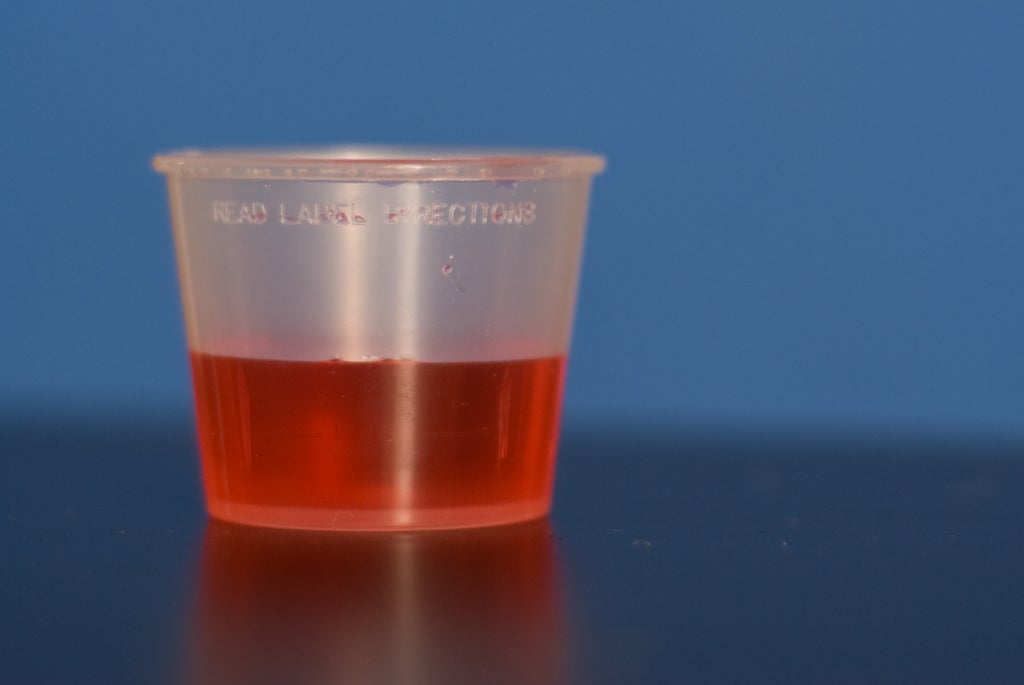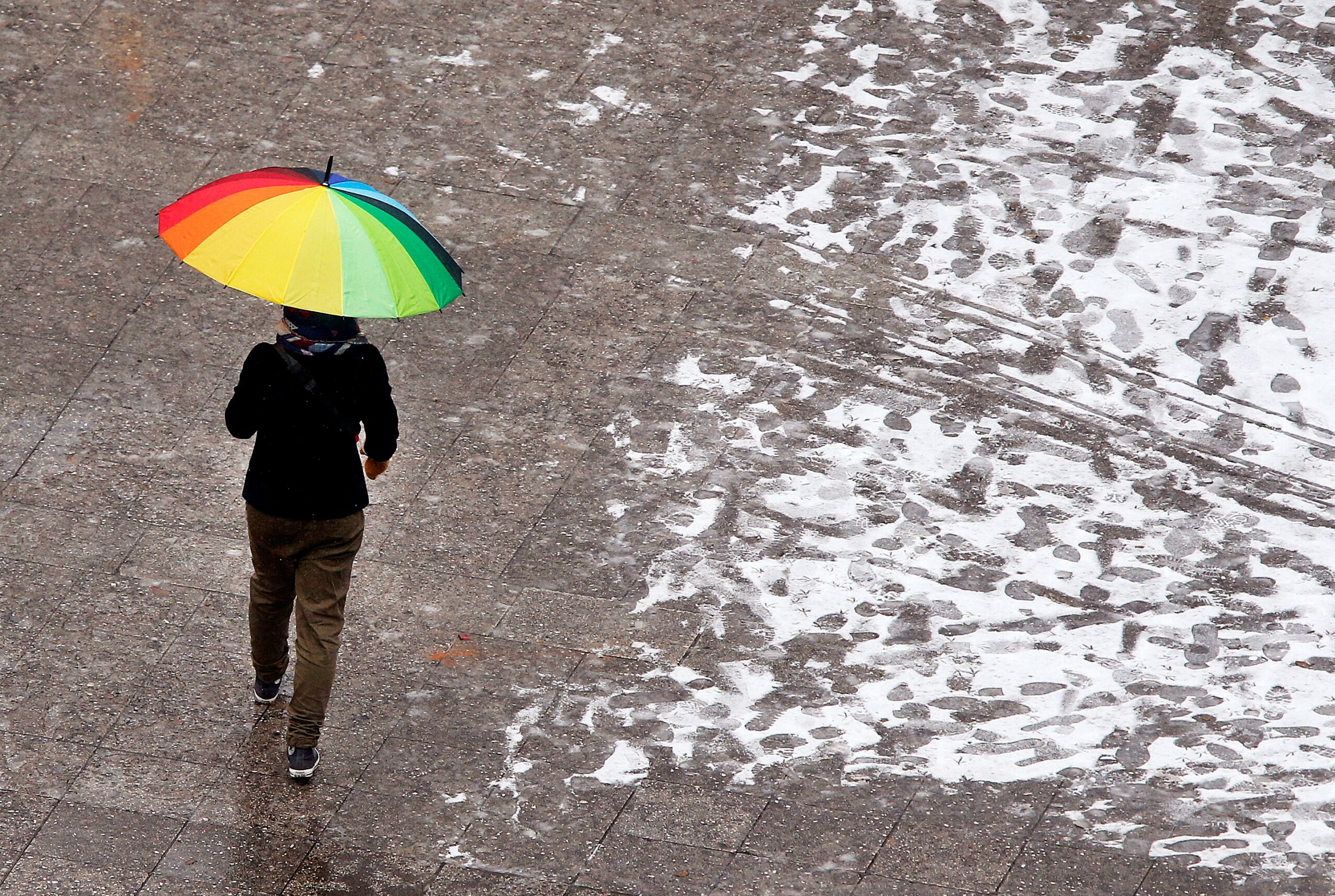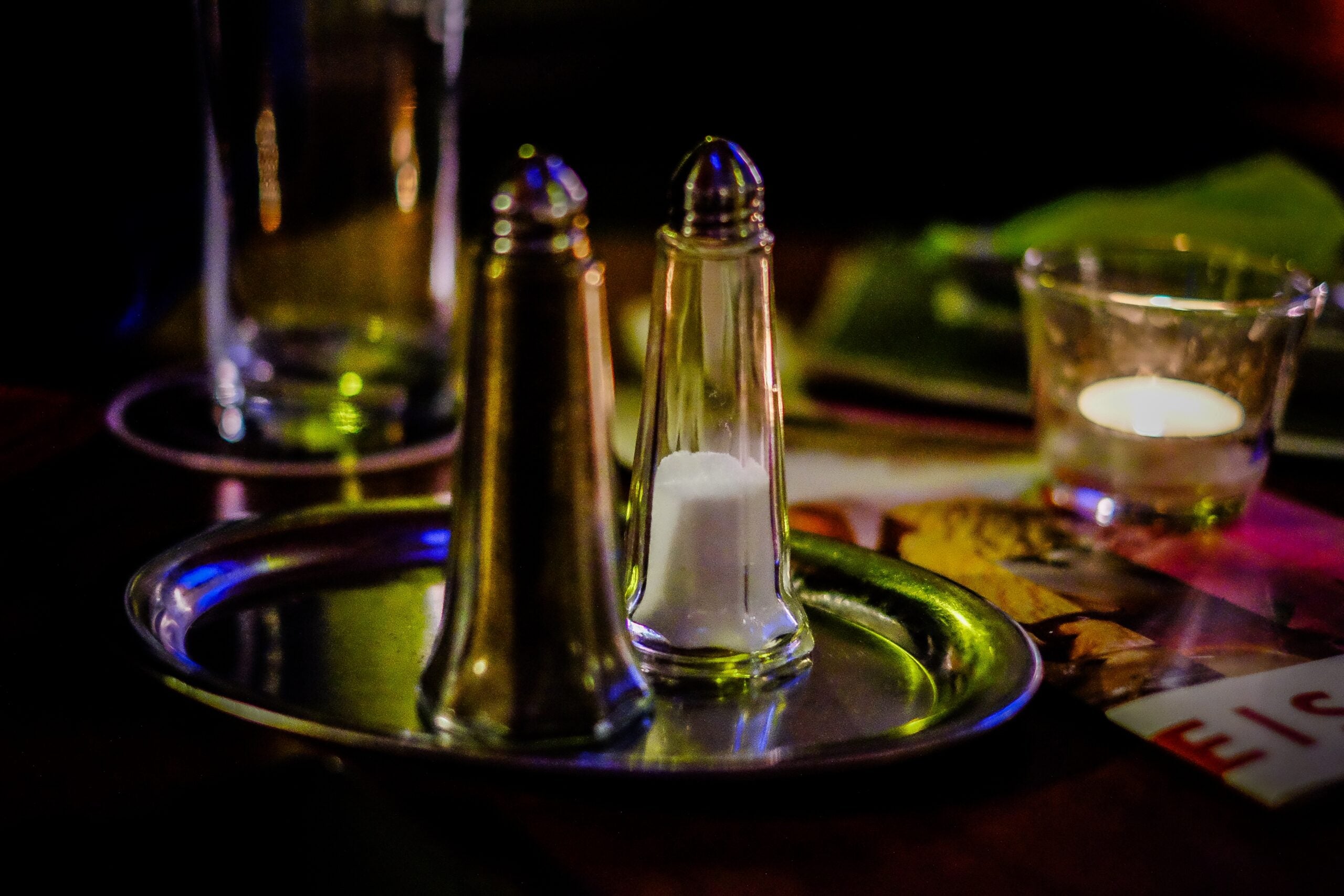Dear Doc: I’ve heard that some cold remedies are dangerous for children. Is there any truth in that, or is it just more web junk? Are any of them safe? And, by the way, why are there more colds in the winter anyway? — B.C. from Oklahoma City
Dear B.C.: ‘Tis the season for coughs, colds, post-nasal drip and all that jazz. Why winter? Lots and lots of reason.
When it’s cold, we crowd together, making it easier for germs to spread. We cough and sneeze on each other.
Stay informed on the latest news
Sign up for WPR’s email newsletter.
And then there are those little people with snot-filled noses — they’re just breeding grounds for germs. But children look so sad when they’re out of sorts. How can we possibly say, “Stay away from me, I don’t want to get your cold”? I never did that on my watch as a daddy. It was, hug away and don’t worry about the germs.
But this seasonal spike in illnesses also might be from the viruses themselves. As dumb as they are, they know when to strike — it’s part of their ability to adapt and kill.
Let us not forget that the worst of the lot, influenza, kills an estimated 5,000 to 20,000 people a year in the U.S. alone. Worldwide, influenza-related deaths clock in at about 250,000 to 500,000 each year, according to the World Health Organization.
Talk about a terrorist attack — it’s influenza.
But if you haven’t heard, there is a way to greatly reduce your risk of getting influenza, just like seat belts reduce your risk of a deadly car crash and smoke detectors cut the risk of death by fire. It’s an injection called the flu shot.
Just kidding. Of course, you know about that. I’m just pulling your chain to remind you it’s not too late.
Most colds are caused by rhinoviruses that invade the respiratory tract, taking up residence until our antibodies kick them out. Those anti-viral remedies you hear about on TV might help for influenza but have minimal or no effect on the typical cold virus.
So what about the over-the-counter cold remedies? They work for some symptoms, but they don’t actually cure anything.
And the problem when it comes to children is that cold remedies can be very, very dangerous. So dangerous that the Food and Drug Administration issued a warning, and back in 2008 pharmaceutical manufacturers stopped making infant cold remedies and started labeling most of them “DO NOT USE FOR CHILDREN UNDER 4.”
Kudos to them — because instead of arguing with the FDA, drug companies stepped up to the plate, agreeing on the dangers these products presented for children.
So what can you do? The drugs you can use to help sick children are acetaminophen or ibuprofen to bring down the fever and just make them feel better. The right dose means the dose as directed on the bottle — or call your doctor if your child is under age 2.
A cool mist vaporizer will cool and moisturize the air, making it easier to breathe and cough up secretions. If you have a hot air one, toss it: Hot, moist air is not as good as cool, moist air, and too many kids get burned on that steam. (I know because my own mom had one when I was a kid, and I remember thinking it would be fun to touch that steam. Boy, was I in for a surprise.)
Saline nose drops or those nifty saltwater sprays can give mucous membranes new life — feels better, too. And suctioning, gently, with a bulb syringe is especially important for infants because they can’t breathe through their mouth. Stop up the nose and they’ll scream and yell until it opens up.
And finally, don’t forget those TLC tricks — chicken soup, hugs and perhaps what my mom used, Vicks VapoRub. I can smell it now.
Oh, one more thing: What about folk remedies? If it’s honey, don’t give it to any child under a year old because of the rare but potentially fatal risk of botulism.
And as for “natural” cures from health stores, I think any industrialized product is cause for caution. It might have the stamp of “organic” or “natural,” but it’s absolutely not natural because it has been manufactured. And I’m wary of giving any industrialized product to a child unless I know positively what’s in it.
Many a mom and dad think because it has the “natural” label on it, it’s safe. Uh-huh. Do you think it’s worth the risk to your child to put something potentially dangerous in their mouth?
So stay away from all cold remedies — and I mean all — in young kids. Let Mother Nature take her course. Stay well.
Wisconsin Public Radio, © Copyright 2024, Board of Regents of the University of Wisconsin System and Wisconsin Educational Communications Board.







